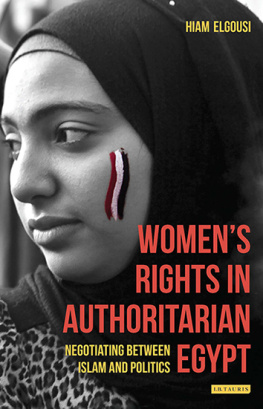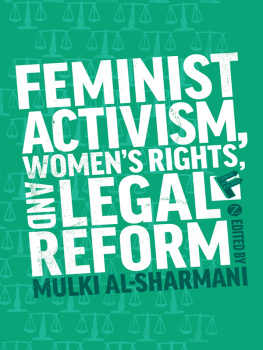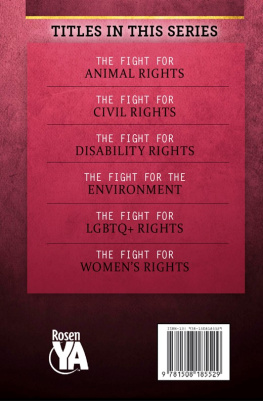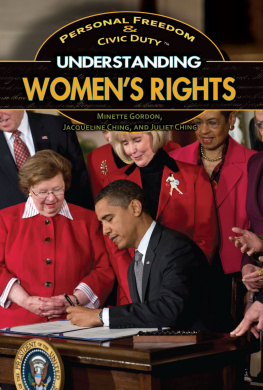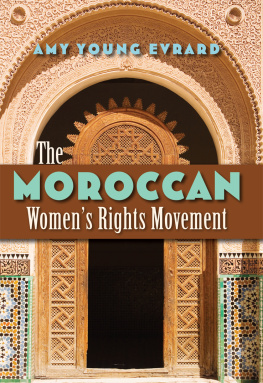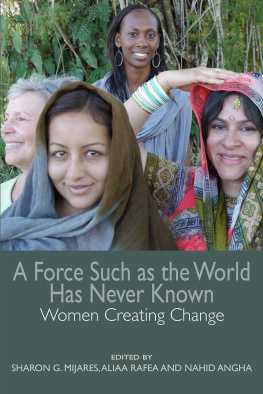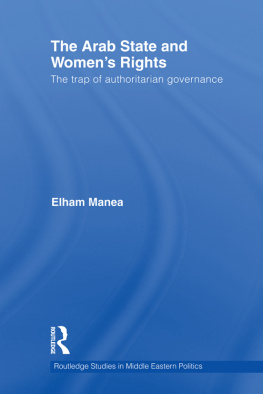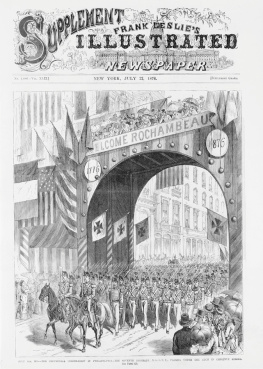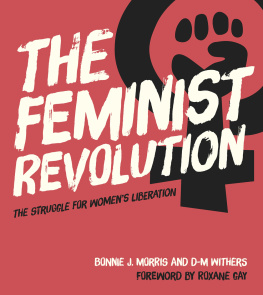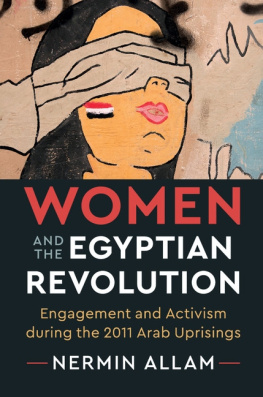
Hiam Elgousi is a former lecturer in the Department of Arabic and Middle Eastern Studies at the University of Leeds, where she was awarded her PhD. Currently she is working as a national coordinator for the HEYA Center for Public Policy (Egypt), and as a research associate with various NGOs in the UK and Egypt.
This work takes a serious look into the status of the ulama in contemporary Egypt through examining their relationship with the state and their influential role within Egyptian society as it affects the status of Egyptian women.
Zahia Smail Salhi, Professor of Modern Arabic Studies, University of Manchester
This book provides a thorough multidisciplinary introduction to the various religious, cultural, historical, political, economic and social factors that affect the status and implementation of women's rights in authoritarian contexts such as Egypt and the broader Middle East.
Helen Rizzo, Associate Professor of Sociology, The American University in Cairo
WOMEN'S RIGHTS
IN
AUTHORITARIAN
EGYPT
Negotiating Between Islam and Politics
H IAM E LGOUSI

Published in 2016 by
I.B.Tauris & Co. Ltd
London New York
www.ibtauris.com
Copyright 2016 Hiam Elgousi
The right of Hiam Elgousi to be identified as the author of this work has been asserted by the author in accordance with the Copyright, Designs and Patents Act 1988.
All rights reserved. Except for brief quotations in a review, this book, or any part thereof, may not be reproduced, stored in or introduced into a retrieval system, or transmitted, in any form or by any means, electronic, mechanical, photocopying, recording or otherwise, without the prior written permission of the publisher.
Every attempt has been made to gain permission for the use of the images in this book. Any omissions will be rectified in future editions.
References to websites were correct at the time of writing.
Library of Modern Middle East Studies: 174
ISBN: 978 1 78453 245 1
eISBN: 978 0 85772 978 1
ePDF: 978 0 85772 779 4
A full CIP record for this book is available from the British Library
A full CIP record is available from the Library of Congress
Library of Congress Catalog Card Number: available
For
my beloved parents,
Hiba and Mohamed Elgousi
CONTENTS
LIST OF ILLUSTRATIONS
Figures
Changes in gender disparities in primary education gross enrolment ratios 19992005, Arab region
Changes in gender disparities in education gross enrolment ratios 19992005, Arab region
The stated framework of the study, and how the data was collected
How the data collection instruments were used as a means of triangulation, with co-operation of the third angle in the triangulation
Initial timetable
Age distribution
Level of education
Social status
Influence of occupation/housework on women's knowledge of their rights
Women's knowledge of the rights granted to them by Islam
Knowledge of the rights granted by Islam
Source of knowledge of the rights
Definition of the words customs and traditions
Difference between customs/traditions and religion with regard to women's issues
What prevails in the communities: traditions and customs, religion or a mixture of both, and the causes?
Whom do you consult to answer questions regarding women's rights?
Existing laws that aim at improving the status of women in society
The evaluation of existing laws and the need for additional laws aiming at improving the status of women
Knowledge of the feminist movement in Egypt
Sources of information on the feminist movement
The meaning of feminism
Knowledge of activists and pioneers in the field of women's rights
Title of the law that was given by its opponents, its official title and one of its famous articles
Author's interpretation of how the state transmits its message
Tables
Knowledge of the rights
Methods that help to differentiate between customs/traditions and religion
Discrepancy of the responses regarding causes that influence women's status
Knowledge of the existing laws
The need for more laws to improve the status of women
LIST OF ABBREVIATIONS
| AHDR | Arab Human Development Report |
| AIDS | Acquired Immune Deficiency Syndrome |
| CEDAW | Convention on the Elimination of all forms of Discrimination Against Women |
| FC | Female Circumcision |
| FC | Female Cutting |
| FGM | Female Genital Mutilation |
| FGOs | Female Genital Operation or surgeries |
| FWCW | Fourth World Conference on Women (Beijing, China) |
| GPI | Gender Parity Index |
| ICPD | International Conference on Population and Development |
| MOWCA | Ministry of Women and Children Affairs (Bangladesh) |
| NGO | Non-Governmental Organization (NGO) |
| UNAIDS | The Joint United Nations Programme on HIV/AIDS |
| UNESCO | United Nations, Educational, Scientific and Cultural Organization |
| UNFPA | United Nations Population Fund |
| UNHCR | United Nations High Commissioner for Refugees |
| UNIFEM | United Nations Development Fund for Women |
| WHO | World Health Organization |
PREFACE
Over the last three decades, women's rights have taken priority in the global development agenda for underdeveloped countries. In 1979 the Convention on the Elimination of All Forms of Discrimination Against Women (CEDAW), which was adopted by the UN General Assembly, was a turning point for women as it represented a significant vision of equitable human rights for both women and men.
The 1979 convention provides fundamental realizations and understandings of equality between women and men in terms of, for example, access to political life, public life, education, employment opportunities and health with a focus on reproductive rights, and also targets culture and tradition as influential forces shaping gender roles and family relations. Nonetheless, women have come to realize that the struggle to achieve their rights and maintain their identity in society is still in its early stages.
There is a general perception in the West regarding women living in Arab and Muslim communities. The belief is that Islam, as a religion, looks down upon women and encourages discrimination against them in terms of equal rights with men. Unfortunately, some Muslim communities have reinforced this, enhancing the widespread misinterpretation of religious teachings. Thus, the status of Arab and Muslim women has become a controversial issue, drawing significant research attention from scholars in different fields such as sociology, social development, theology and feminist studies.
The heated debate is not always helpful for the women involved. In fact, it can have a negative impact on their development, by generating general confusion and social resistance, even among the women themselves. This kind of attention has failed to help those women who strive hard to improve their status, as they face even greater resistance from within their societies, even from other women, to receiving and accommodating new, incoming ideas and suggestions for improvement. Muslim women often feel they are being attacked by scholars who describe them as oppressed, retarded and lacking intellectual capacity. Suha Sabbagh provided an analysis of the image of Arab and Muslim women in Western literature. According to her:
Next page
